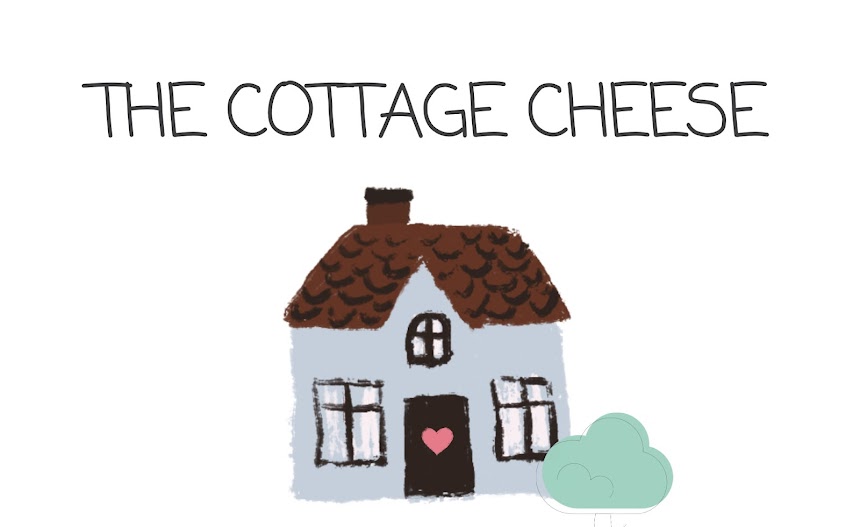Sunday, November 18, 2018
Comfort and Care
I recently read an awesome article on Scary Mommy entitled The One Thing You Should Never Say to a Grieving Parent by Stacey Skrysak. It talks about Stacey's experience with a woman at a park who, upon learning that Stacey's daughter was her single surviving triplet, said to her, "At least you have your (surviving) daughter." While, in general, I could write a book about what not to say to a grieving parent, this beautifully written article speaks to an endless internal debate: should I mention my child/children who are no longer here?
As a parent, you are asked countless times, "How many children do you have?" As a mother to an "excessive number of children,"(which I've been informed is any number over 3) I've been known to claim only the children in my immediate proximity. I obviously don't lie, but when people say, "Oh a boy and a girl. That's just perfect!" or "3 girls, sisters are the best. And no pesky brothers to get in the mix," I just smile and nod. When people learn how many children we actually have, I often hear the inevitable, "Six? Wow! Don't you know how this works?" as they wink and nudge my husband. So out of a desire to not see people's heads explode, I don't always add that we've actually had 7 children. (Plus, I've learned that when people make awkward procreation jokes, talking about a child who has died takes the last bit of air out of the room.)
When I was pregnant with Hart, I asked my brilliant friend Marian how she answers when people ask many children she has. She lost her beautiful baby, Matthew, and her grace and wisdom told me that her answer would guide me in my own reply. She said that for her, it depended on the situation, but often she would reply with, "I'm raising 3 children." Which she said allowed people to inquire further if they were curious, but didn't force an uncomfortable topic onto those who weren't.
I asked the amazing hospice child life specialist, Sheila, about it. Her answer was very similar to Marian's. This was in the very early stages of knowing that Hart was unlikely to be born alive. As we continued talking, I told her that I have a brain that yearns for symmetry and rhetorically asked how I could rectify this in Christmas pictures and (embarrassingly) said I would have to have another baby in order to create the symmetrical picture of my dreams. Fortunately, Sheila was as kind and loving as she was professional, and didn't sound any alarms at my completely inappropriate musings. I cringe when I think back on this, but as I was trying to wrap my head and heart around this very big reality, my mind went in all kinds of bizarre directions. Read more about our hospice journey in this Indianapolis Business Journal here.
Sometimes, in the desire to comfort a grieving family, people will say, "at least it wasn't _______________," (fill in blank with any surviving children). We heard this several times, and I always assumed this happened only to families who lost young babies. The reasoning? Because they were here such a short time, you didn't have as much time to bond with/get to know them. I've since learned that people say this to parents grieving children of any/all ages. At least he wasn't your only boy, at least it wasn't your baby who hasn't had a chance to experience any life yet, and on and on it goes. I understand the need to find a thread of "good" in death, but in reality, there is no "best" child to lose.
It feels like a burden to have to share such heavy news with someone you've only recently met, but it feels like a betrayal to your child to leave him out of the conversation. The bottom line is that there isn't a day that goes by that any parent who has lost a child doesn't think about that child and, in my experience, they are longing to share them with others.
Subscribe to:
Post Comments (Atom)


No comments:
Post a Comment